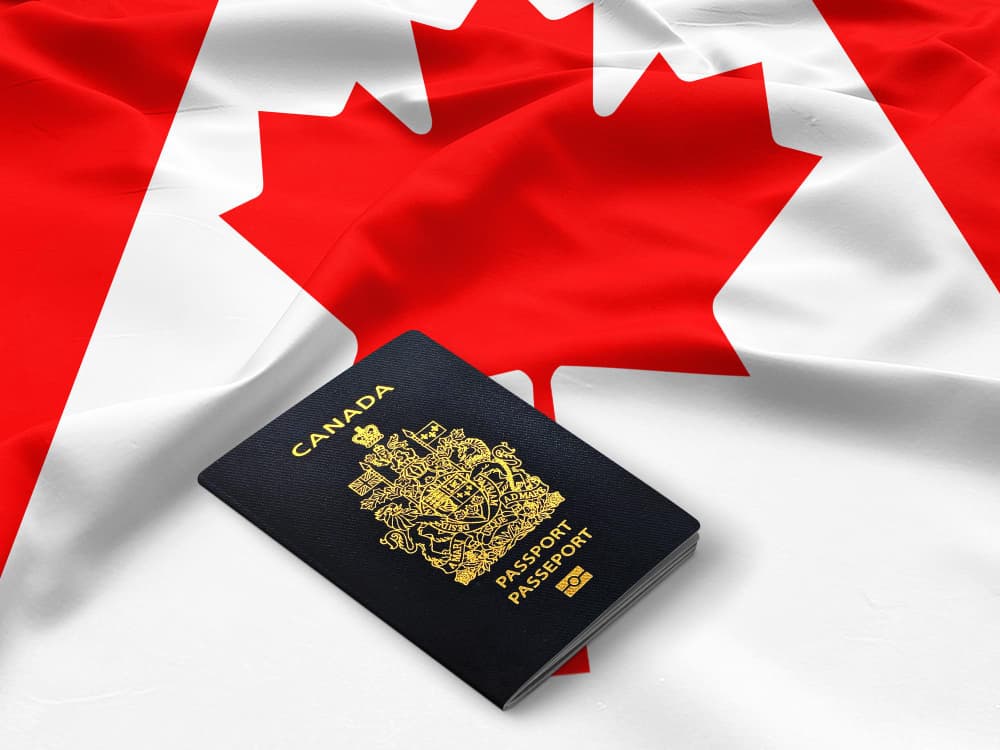
While Canadian schools offers a range of opportunities for studying, Immigration Refugees Citizenship Canada (“IRCC”) ensures that graduates of eligible programs will be able to join the workforce with work authorization upon graduation. Upon completion of their studies at one of the Canadian designated learning institutions (“DLI”), students are afforded an opportunity to explore employment options in Canada through the Post-Graduation Work Permit (“PGWP”) Program that allows graduates to seek and work jobs in Canada. Through PGWP, international students would be able to gain work experience and apply for permanent residence under Canadian Experience Class of Express Entry.
The Post-Graduation Work Permit Program (PGWPP) is regulated under subparagraph 205(c)(ii)of the Immigration and Refugees Protection Regulations.
It should be noted that graduates can acquire a post-graduation work permit once in their lifetime.
In order to obtain a post-graduation work permit, Applicants must meet three main requirements:
At the outset, Applicants are required to have completed an academic, vocational, or professional training program at a DLI in Canada, resulting in a degree, diploma, or certificate. In essence, the study program must fulfill three criteria to be considered eligible under the PGWP Program: (i) its primary language must be either English or French, (ii) it must not consist of general interests or self-improvement courses, and (iii) it must not be a course or program offered by a private career college. Furthermore, it is also important to note that the duration of the study program is a minimum of 8 months and a maximum of 3 years.
Before submitting a work permit application under PGWP, graduates should ensure that they have maintained full-time student status in Canada throughout each academic session of their education program. While the PGWP requires full-time student status, there are two exceptions to this requirement.
The first exception applies to instances of approved leave from studies that are subject to an assessment of whether Applicants were in compliance with study permit conditions. It is worth noting that during their leave, Applicants must remain enrolled and be actively pursuing their courses.
When it comes to assessing if a student is actively pursuing their studies, “any leave taken from a program of studies in Canada should not exceed 150 days from the date the leave commenced and must be authorized by their DLI.” According to the IRCC, examples of reasons for leave include but are not limited to the following:
The second exception allows for eligibility of PGWPs even if Applicants switch their full-time student status to part-time status in their final academic year.
Applicants must be provided with both a transcript and an official letter from their DLI verifying their eligibility to complete their study program. These documents must be submitted in support of the post-graduation work permit application.
After receiving the necessary documents, Applicants must initiate the application process for the PGWP within 180 days from of obtaining written confirmation, such as an official letter or transcript, from the designated learning institution (DLI) showing that they have met the requirements for completing their program of study. So, the application period starts either on the day the student’s final marks are issued or the day formal written confirmation of program completion is received, whichever occurs earlier.

As indicated earlier, international students who have been received a post-graduation work permit in the past cannot apply for a work permit under the PGWP. Furthermore, the other seven types of Applicants who are considered ineligible are listed as follows:
Applicants are obliged to demonstrate that their programs were completed in Canada at one of the DLIs. The website of the IRCC provides a list of the DLIs, which can be consulted prior to applying for the PGWP to ensure that the institution in question is included on the list.
The DLIs encompass various types of educational institutions, including public post-secondary institutions, like colleges, trade or technical schools, and universities. Additionally, Canadian private institutions that have authorization to grant degrees, such as associate, bachelor’s, master’s, or doctoral degrees, are also included as DLIs.
For graduates of flight schools, a separate procedure applies. There are two options available to them in order to meet the requirements for PGWPs. The first option is to provide evidence of completion of a flight training course at a DLI training centre and of acquiring a Canadian commercial pilot’s license.
The second option is to demonstrate that they have obtained or are in the process of obtaining an instructor’s rating and have been offered a job as a flight instructor from a DLI flight training centre in Canada.
Applicants who apply for a PGWP before their study permit expires are permitted to work full-time without a work permit while awaiting a decision on their application. However, they must satisfy four requirements to be eligible for employment in this period.
First, they should have or have had a valid study permit when applying for the PGWP. Second, they should have completed their program of study. Third, they must have met the conditions for working off campus without a work permit. Last, they should not have exceeded the allowable hours of work allowed when they were on a study permit as per paragraph R186(w).
Once such criteria are met, Applicants are considered authorized to work even if they leave and re-enter Canada. However, if they are informed of the rejection of their work permit applications, they must immediately cease to work.
IRCC issues a letter that allows Applicants to work in Canada during the application process. This letter is valid for 120 days, which is typically the timeframe within which the IRCC renders a decision on a PGWP. If no decision has been received within this period, Applicants have the option to request proof of authorization to continue working.
Spouses and common-law partners of PGWP holders may also apply for an open work permit under the C41 exemption for (spouses and common-law partners of skilled workers).

For Applicants who require a visa and have submitted their applications outside Canada, the approval of the PGWP results in the granting of a temporary resident visa. On the other hand, for Applicants who do not require a visa to enter Canada, they are granted electronic travel authorizations upon approval of the PGWP. Once the PGWP is received, Applicants can travel to Canada if they hold a temporary resident visa or electronic travel authorization, depending on their nationality.
For those that wish to graduate from a Canadian school and also to obtain work authorization in Canada upon graduation, PGWPs are a great opportunity to obtain work permit.

